The administrative agency whose proceedings are to be judicially reviewed shall, by way of answer, file the original or certified copy of the record of the proceeding under review within ninety days after service upon it of the Complaint. Such record "shall consist of the entire proceedings, or such portions thereof as the agency and the parties may stipulate, or a statement of the case agreed to by the agency and the parties."G.L. Upon service of a Complaint, the agency shall notify all parties of procedures for acquiring a transcript of the hearing testimony. A request for a copy of the transcript must be made by a party within thirty days after service of the Complaint, and such transcript or portion thereof shall be made part of the record. The Agency's certified record shall include any transcript that has been prepared but need not include a transcript of any untranscribed proceeding or portion thereof in the absence of a timely transcript request. During post-disposition, a variety of procedures or hearings regarding the client can require the assistance of counsel.
Judicial review is the power of the courts to review either findings of fact, conclusions of law, or both from a final agency decision. During judicial review hearings, a superior court or appellate court judge reviews the evidence that the agency relied upon to reach its decision. The judge will determine if the decision complies with the law. DSHS is required to provide to the child's foster parents, pre-adoptive parents, or other caregivers with notice of their right to be heard prior to each proceeding held with respect to a child in juvenile court. The rights to notice and to be heard apply only to persons with whom the child has been placed by DSHS and who are providing care to the child at the time of the hearing. Such persons are not granted party status solely by reason of the right of notice and to be heard.
Service is complete upon mailing to the last-known address of the parties and counsel of record. Note that a "transcript of evidence" is a typed version of the oral evidence and submissions heard by the Tribunal. However, the Tribunal does not make a record of its proceedings and it is rare for a party to record the proceedings. This means that most judicial review hearings do not include a transcript of evidence in the applicant's application record. For more information see the Tribunal's Practice Direction on Recording Hearings.
At all review hearings, the court is required to make findings as to compliance and progress concerning the parents, the child, and the supervising agency with respect to the services and case plan. Upon leaving a review hearing, the parties should have a clear understanding as to their compliance and progress, or lack thereof, as well as the direction of efforts to be made prior to the next scheduled review hearing. Refers to any program that is an alternative to the filing of a court petition and which keeps the youth from entering the juvenile court system by referring the child to counseling or other social services. Diversion is designed to enable youth to avoid a formal charge through the filing of a petition, which could result in adverse collateral consequences and, ultimately, a juvenile delinquency record. By completing the requirements of a diversion program run by the police department, court, prosecution's office, or an outside agency, the youth can avoid prosecution. The appellant's case is normally reviewed by a panel of judges at the appellate level.
These judges will look at the "record" of the case from the lower court. This record is the documentation of the case—including all the pleadings, motions, and memoranda filed with the court, transcripts from pre-trial, trial, and post-trial hearings, and trial exhibits. Other than the written brief submitted by each party and the oral argument , the appellate judges cannot look beyond this record in making its decision. Safeguarding Sensitive Matters.Most, if not all, courts will not live broadcast personal protection order hearings, adoption or juvenile court proceedings on YouTube as they are not public proceedings by statute. Courts have some discretion to determine what makes sense in individual cases, but attorneys will have to file motions to exclude hearings from being broadcast.
At least one court has decided not to live broadcast any non-criminal hearings but will make recordings available upon request. A claim for judicial review shall be resolved through a motion for judgment on the pleadings,Mass. P. 12, in accordance withSuperior Court Rule 9Aexcept as otherwise provided by this Standing Order, unless the Court's decision on any motion specified in part 3 above has made such a resolution inappropriate. A plaintiff'sRule 12motion and supporting memorandum shall be served within thirty days of the service of the record or of the Court's decision on any motion specified in part 3 above, whichever is later. A defendant's response shall be deemed to include a cross-motion for judgment on the pleadings pursuant to Mass. P. 12 and shall be served within thirty days after service of the plaintiff's motion and memorandum.
The plaintiff shall then promptly file the motion materials in accordance withSuperior Court Rule 9A. The Court may alter the time to serve or file for good cause shown. Memoranda shall include specific page citations to matters in the record. The Social Security Administration's administrative appeals operation is one of the largest administrative judicial systems in the world. SSA issues more than half a million hearing and appeal dispositions each year. Under the Office of Hearings Operations , administrative law judges conduct hearings and issue decisions. Within the Office of Analytics, Review, and Oversight , the Appeals Council considers appeals from hearing decisions and acts as the final level of administrative review for the agency.
Appeals – Appeals from decisions of limited jurisdiction courts go to superior court. An appeal may be heard as a new trial , or the superior court judge may review records of trial proceedings if records have been kept. Decisions made in small claims court cannot be appealed. When ordering that a petition for termination be filed, it is good practice to specify a date by which such a petition is to be filed. A wide range of issues may arise at a review hearing, irrespective of whether the child is returned home or not. In addition to findings as to compliance and progress by the parents, the child, and the supervising agency, considerable time and energy may be expended to review, clarify, or modify services and visitation.
It is important to afford all parties, including the GAL/CASA, foster parents, relative placements, and service providers, the opportunity to be heard. 10.3 It will rarely be necessary in judicial review proceedings for the court to hear oral evidence. A party who files an appeal is called an appellant or petitioner, and the opposing party is known as an appellee or a respondent.
The appellant is the party who, having lost part or all of their claim in a lower court decision, is appealing to a higher court with appellate jurisdiction to have their case reconsidered. Claims filed in the Superior Court seeking judicial review of administrative agency proceedings on the administrative record pursuant to the standards set forth inG.L. 249, § 4, or similar statutes, whether joined with a claim for declaratory relief underG.L. 231A, or any other claim, shall be heard in accordance with the following procedures. Any other documentary evidence is generally not permitted to be used at a judicial review application.
This is because the Court is very strict about parties trying to add to the record of proceedings in the judicial review hearing. Often parties may attempt to file sworn statements or "affidavits" with the Court. Affidavits, whether from an applicant or a respondent are generally not allowed by the Court. Once you have received the Tribunal's decision, you should review it carefully. If you decide to apply for judicial review, you should immediately collect and organize all your documents that were used in your Tribunal proceeding.
As noted above, it is a good idea to seek legal advice before deciding to file an application for judicial review. Where the claim for judicial review relates to proceedings in a court or tribunal, any other party to those proceedings will be an interested party in the judicial review proceedings. For example, if the defendant in a criminal case in the Magistrates or Crown Court applies for judicial review of a decision in that case, the prosecution must always be named as an interested party in the judicial review claim. Sometimes an Oral Permission Hearing is heard at the same time as the substantive hearing and this is called a rolled up hearing. This is more likely to happen where one party has made an application for the case to be expedited (i.e. heard sooner).
A rolled up hearing has the advantage of getting the matter dealt with quickly and in practice is cheaper than the two stage process. At a rolled up hearing the judge will decide whether to grant permission as well as deciding the outcome of the judicial review if permission is granted. The juvenile equivalent of an adult sentence, disposition is a final decision as to how a juvenile's case is handled after an adjudication. Disposition outcomes vary and may include but are not limited to, fines, restitution, community service, in-home placement under supervision or probation, and out-of home placement in commitment facilities.
See also Disposition Hearing; Dispositional Order; Disposition Plan. Court rules and standards tell judges how to hold these hearings. If evidence or exhibits need to be used during a hearing, they can be e-mailed to the court ahead of time. Just like an in-person hearing, most hearings are public record. The court is making a recording or transcript of everything that happens at the hearing.
Some courts are even broadcasting hearings through YouTube so they can still be open to the public. The court must hold a status hearing within 60 days of issuing the order naming DFPS as the temporary managing conservator of a child. The only exception to this requirement is if the court has made a finding of aggravated circumstances and no service plan is required.
On an application for judicial review of a decision made in the exercise or purported exercise of a statutory power of decision, the court may direct that the record of the proceeding, or any part of it, be filed in the court. An application for judicial review is not an "originating process" under the Rules and therefore does not need to be served by personal service or an alternative to personal service [see Rule 1.03]. This means that if the other party has a lawyer, you can serve by other methods, including facsimile and courier . In general, the applicant seeks that the court set aside the Tribunal order and allow the application for judicial review. The applicant may also request that the matter be sent back to the Tribunal for a re-hearing before a different Tribunal member. Finally the applicant may request their "costs" of the application (i.e., recovering a portion the amount that has been spent by the applicant to pay a lawyer to conduct the application before the court).
When a dependent child reaches the age of 18, the court shall postpone the dismissal of the dependency proceeding for six months if the youth is enrolled in a secondary education program or its equivalency on his or her 18th birthday. At the end of the six month period, the court shall dismiss the dependency if the youth has not requested extended foster care from DSHS. Parents are to be dismissed from the proceeding when the youth reaches age 18 as the youth is now otherwise an adult. Presumably, the GAL should also be dismissed as well on this basis. The court shall appoint an attorney for the youth, and review hearings must be conducted every six months concerning the continued safety, eligibility and overall progress of the youth in transitioning to full independence.
The dependency is dismissed upon request of the youth or when the youth is no longer eligible for extended foster care services (i.e., the child turns 21 or ceases his or her enrollment in secondary education or its equivalent). In any review hearing, whether the child is returned or not, the court is required to make findings as to compliance and progress by the parents, the child, and the supervising agency with the case plan and services specified in the plan. The court is also required to review the case plan and its services and make adjustments and modifications where appropriate given the facts and circumstances presented at the review hearing. (See § 19.9 below.) Services should be tailored to meet each individual parent's needs in a timely manner. Practice Direction 54C contains provisions about where a claim for judicial review may be started, administered and heard. CPR rule 7.1A provides the general rule that claims against Welsh public bodies challenging the lawfulness of their decisions are to be issued and heard in Wales.
A party may file a written objection to an administrative modified support order proposed by the department under this section with the court within 20 days after service of a copy of the order on the party. The court shall set a date for a hearing on the objection to the proposed order. If an objection is not filed, the court may without further notice enter its order. Where the juvenile court either loses or gives up jurisdiction over a child alleged to have committed a crime and that child is tried as an adult in a criminal court. See also Transfer/Waiver; Upper Age of Juvenile Court Jurisdiction. Before your hearing, the court will send you instructions on how to access your virtual hearing.
These instructions will include a link, a telephone number, and Meeting ID that you need to join the hearing. The Meeting ID and password are only for the people involved in the hearing. Some courts are providing public access to hearings online during the proceeding or immediately after, unless the proceeding is closed to the public by court rule or law. If you know someone who wants to watch the hearing, ask the court how they can view it. If you have a phone but not video access, you should still be able to participate in your hearing by phone even if others join by video. If you have low income, you may qualify for free legal services.
Whether you have low income or not, you can use the Guide to Legal Help to find lawyers in your area. An appellate court is a court that hears cases on appeal from another court. Depending on the particular legal rules that apply to each circumstance, a party to a court case who is unhappy with the result might be able to challenge that result in an appellate court on specific grounds.
These grounds typically could include errors of law, fact or procedure . Unless a court requires a different format, the caseworker must use Form 2088 Permanency Plan and Progress Report to the Court to report on the permanency plan for a child who is under DFPS's temporary managing conservatorship . During the suspension of in-person proceedings, the Provincial Court is using telephone and videoconferencing to hear many types of matters, including bail hearings, pretrial applications, some sentencing hearings and judge's decisions. The Dartmouth Wellness Court and the Domestic Violence Court programs are also being held fully virtually on Microsoft Teams.
The party that filed the first court papers, usually called the complaint or the petition, is considered the plaintiff or the petitioner. The plaintiff/petitioner will tell his/her side of the story first. This includes the party's testimony, calling any witnesses s/he may have, and entering any evidence that s/he has.
We have more detailed information about this process in the rest of this section. If your judicial review will take 2 hours or less , the rules of court say you should not give the judge your written argument, so do not put the written argument in the petition record. It is still useful to draft a written argument to prepare what you are going to say to the judge. You can follow your written argument when you are speaking in court. It is a good idea to bring an extra copy of the written argument to court in case the judge asks to see it.
Appeals from jury decisions are usually restricted to complaints about the procedure that was followed, or the judge's directions in law. An appeal court does not usually review all the facts of a case, once a jury has decided. The positive side to this is that an acquittal by a jury is final. The negative side is that an appeal court rarely reviews all the evidence used by a jury to convict.
When you are facing a serious charge, the prosecutor must give you a list of prosecution witnesses and copies of their statements at some stage prior to the committal proceedings. After reading these statements, you have to decide which persons you want to question. You must then give the prosecution notice of whom you wish to question or cross-examine, so they can be called as witnesses. If you don't want to question any of them, there will simply be a 'paper committal', where the magistrate decides on the basis of the written statements whether you have a 'case to answer', and so whether the matter should go to trial. Most applications for judicial review are heard by a three judge panel of the Divisional Court.
An application for judicial review to the Divisional Court under the JRPA must be commenced by Notice of Application to the Divisional Court . If you are the person applying for a judicial review, you are called the "applicant" [the person and/or organisations you are applying against are called the "respondent". Also, the Tribunal itself is entitled to be heard in a judicial review application as a respondent. A failure to comply with a procedural time limitation may result in the Court awarding costs or ordering judgment against you.
The Court's longstanding view is that an applicant should exhaust all his internal remedies and/or appeal routes within an administrative regime before seeking judicial review. Although there are exceptions to this rule, the most prudent approach is to file a request a reconsideration at the Tribunal before you file an application for judicial review. Several Ontario statutes and regulations set out the procedure to be followed to apply for judicial review. The procedural requirements are set out primarily under Rules 38 and 68 and the JRPA. If you are thinking of applying for a judicial review, you should closely review Rule 38, Rule 68 and the JRPA. Several other rules, in addition to Rules 38 and 68, also apply to applications for judicial review.
This guide is only about applications for judicial review. The best interests of the child shall be the court's primary consideration. 15.1 The parties shall agree the contents of a paginated and indexed bundle containing all relevant documents required for the hearing of the judicial review ("the hearing bundle"). Where the hearing bundle exceeds 400 pages, the parties shall agree the contents of a core bundle. Each party shall certify that the hearing bundle and any core bundle meets the requirements of this paragraph.
12.6 Where the court gives permission for a person to file evidence or make representations at the hearing of the claim for judicial review , it may do so on conditions and may give case management directions. 11.1 Where the claimant intends to apply for judicial review on grounds additional to those set out in the Claim Form, the claimant must make an application to the court for permission to amend the Claim Form. The application should be made in accordance with the requirements of Part 23. The Summary Grounds should identify succinctly any relevant facts. Material matters of factual dispute should be highlighted. A claimant must make proper and necessary inquiries before seeking permission to apply for judicial review or interim relief to ensure so far as reasonably possible that all relevant facts are known.




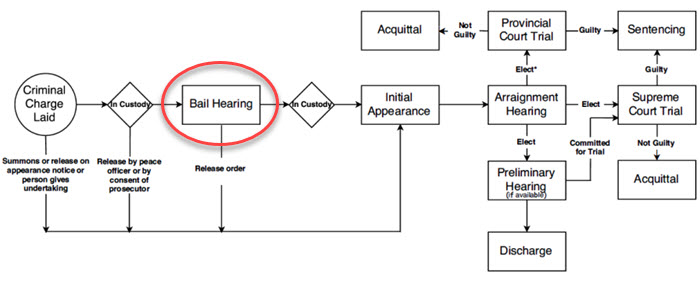
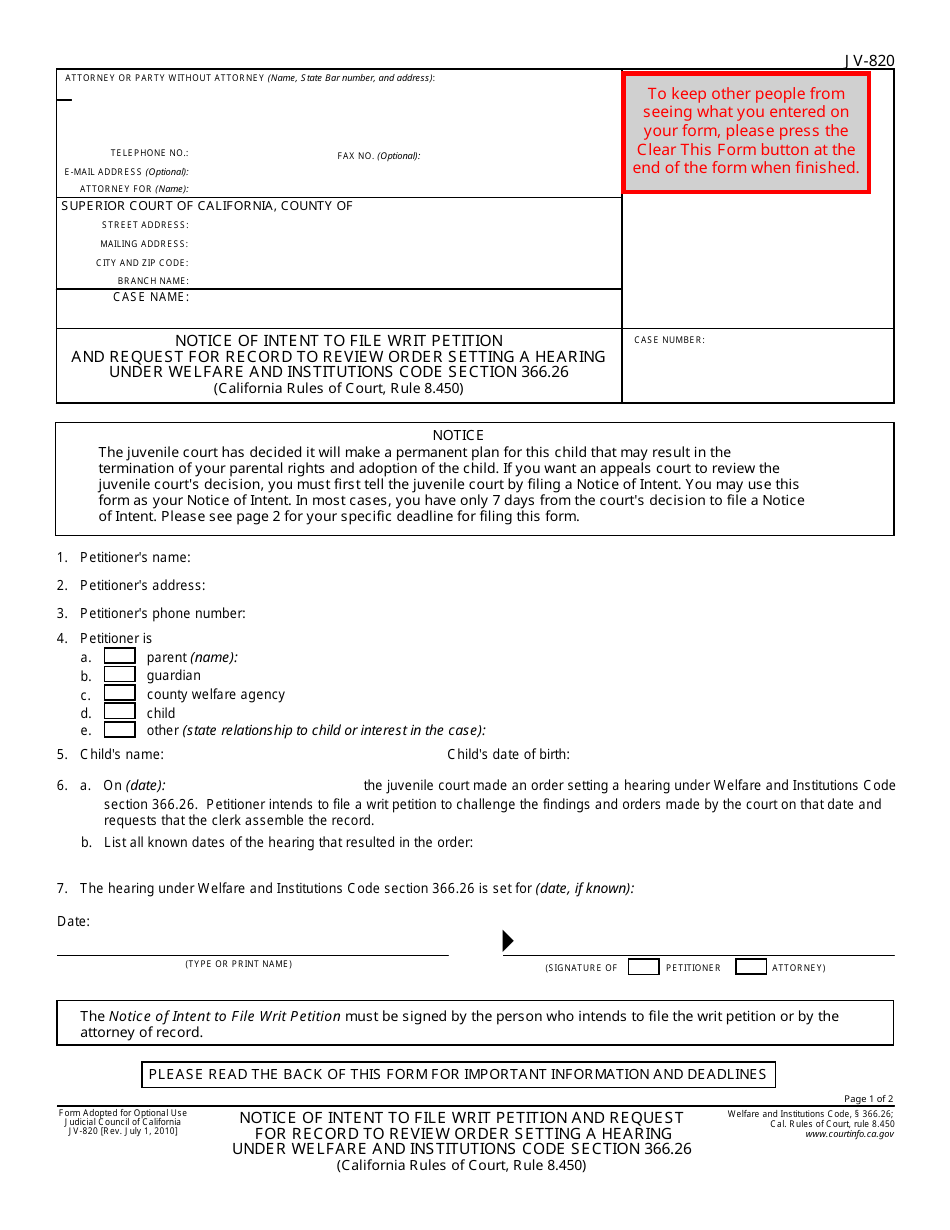











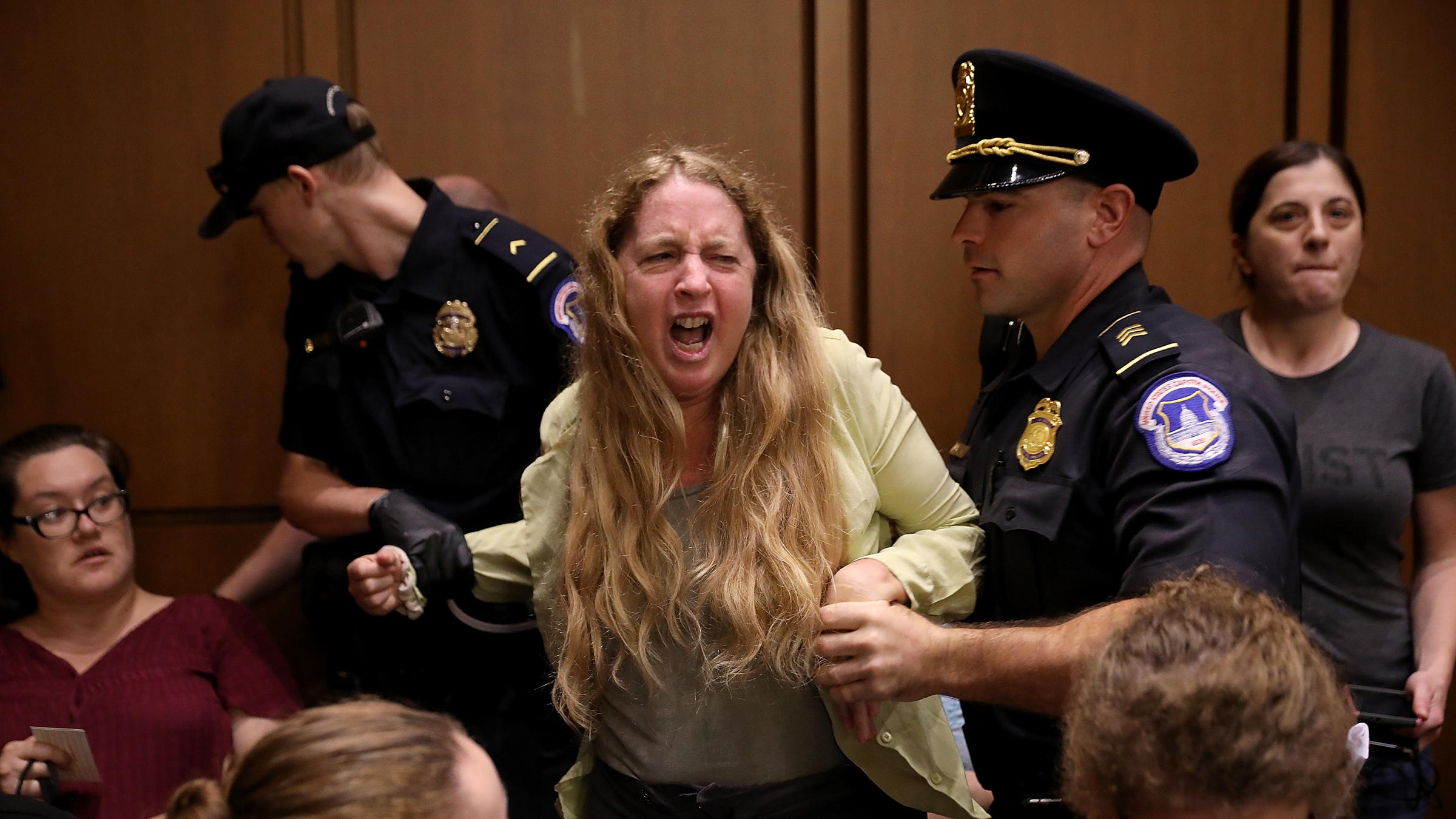



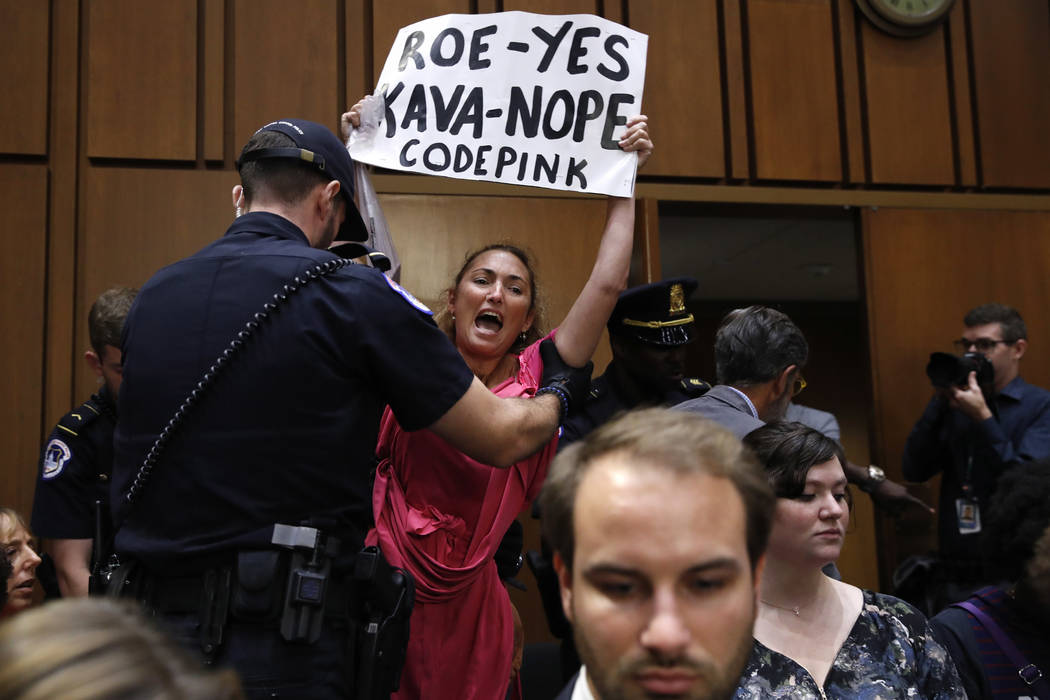
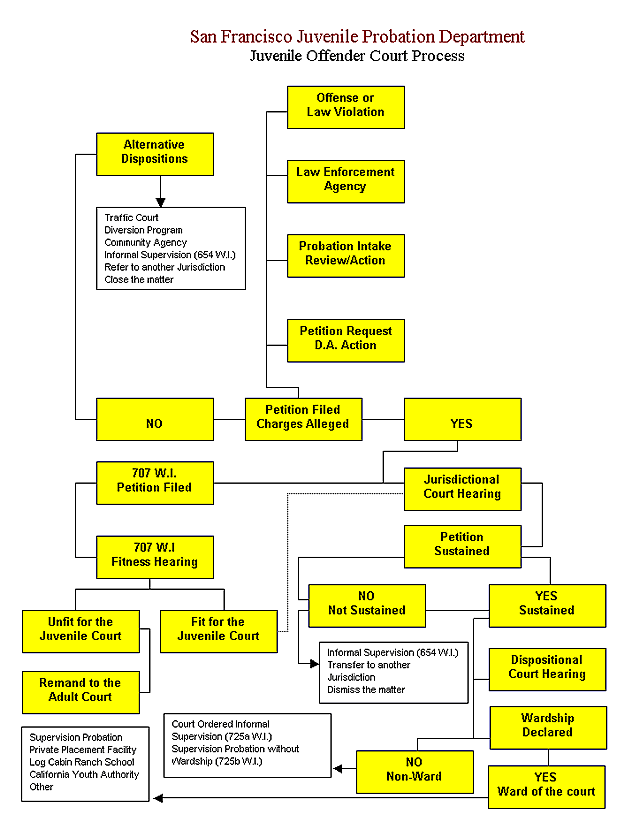


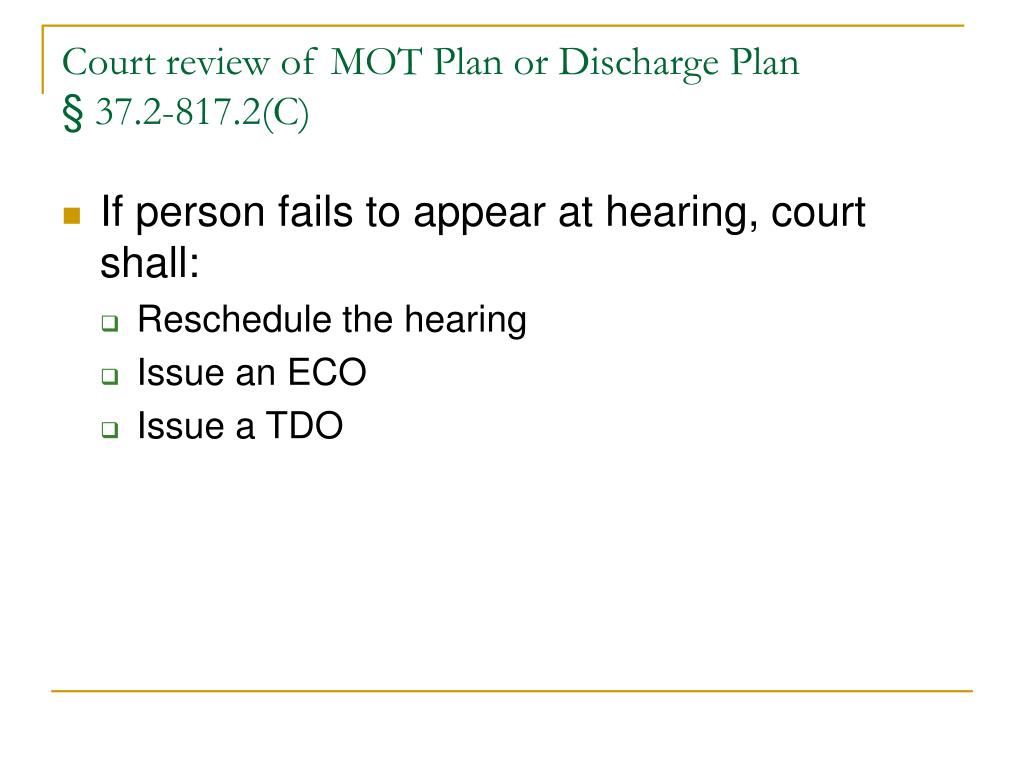



No comments:
Post a Comment
Note: Only a member of this blog may post a comment.